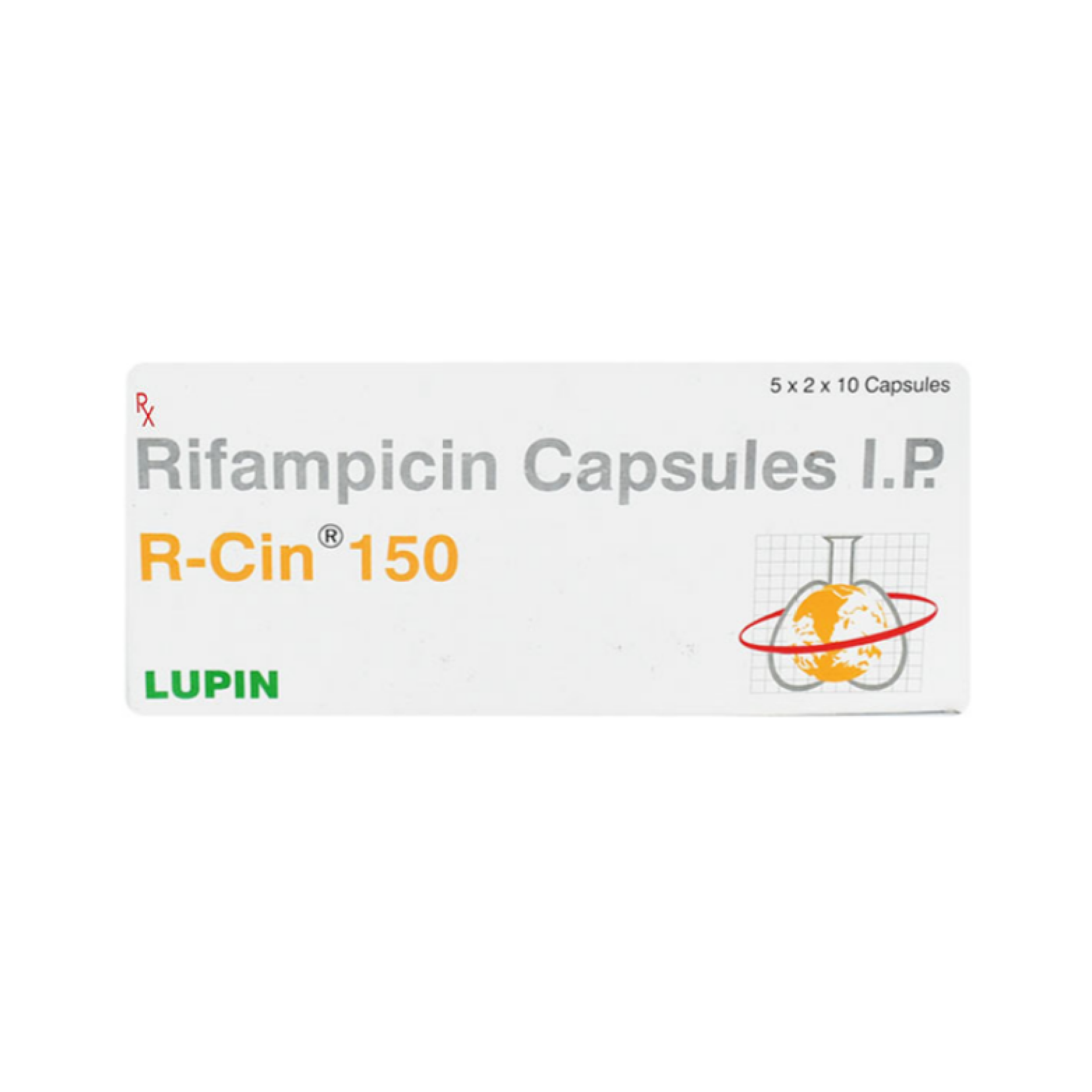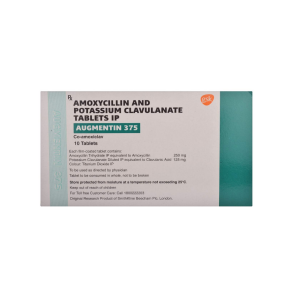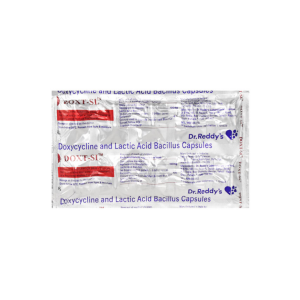Description
R cin is a rifampicin antibiotic used to prevent and treat tuberculosis and other infections. The antibiotic is only effective against bacterial infections. It will not work against bacterial infections such as the common cold and flu.
Using an antibiotic without a need should be prohibited.
Product Description
Before you use R cin, tell your doctor your medical history, especially for hepatitis, HIV infection, and history of alcohol use/abuse. Alcohol may make you more likely to develop liver disorders. Avoid alcoholic drinks during the antibiotic treatment. Rifampicin may cause the liver vaccine to become less effective or ineffective. Tell your doctor that you are using Rifampicin before vaccination/immunization. Before dental surgery, tell your doctor about all the products you use (including prescription and non-prescription medications and herbal products).
During pregnancy, this antibiotic drug should be used only when needed. There could be an increased risk of bleeding in your newborn when this drug is taken during the last weeks of pregnancy. Therefore, discussing the risk and benefits with your doctor is important. The antibiotic drug may pass into breast milk but is less likely to cause harm to a nursing infant. Speak to your doctor before breastfeeding.
Side Effects
Nausea, heartburn, upset stomach, headache or menstrual changes may occur while using this medicine. R cin may also cause urine, saliva, sweat, or tears to change color (red, orange or brown). These effect does not cause any harm and will go away when the treatment is discontinued. However, the staining of teeth and lenses may be permanent. Remember, your doctor has prescribed it because your doctor has judged that the benefits to you outweigh the risk of side effects.
A lot of people using this medication do not develop serious side effects. R cin may rarely give rise to liver problems. Though sometimes necessary to completely treat certain infections, combination therapy with other drugs such as pyrazinamide and isoniazid may increase the risk. Inform your doctor if you develop symptoms of liver disorders, including nausea, vomiting, stomach pain, dark urine, and yellowing of eyes/skin. Let your doctor know right away if you develop serious side effects, including mood changes, signs of kidney problems, easy bruising/bleeding, unusual tiredness, chest pain, and new or worsening breathing difficulties.
This is not a complete list of side effects; if you notice other side effects not listed in this information guide.
How to Use
It is best to take R cin on an empty stomach with a glass full of water an hour before or two hours after having food or as directed by your doctor. If you have nausea, do not take antacids with Rifampicin since it reduces the effectiveness of this drug. However, if you need to take antacids, wait an hour after taking this medication. If you can’t swallow the capsule, you may open it and sprinkle the contents onto a spoonful of applesauce or jelly. Consume the entire mixture of one capsule straight away.





